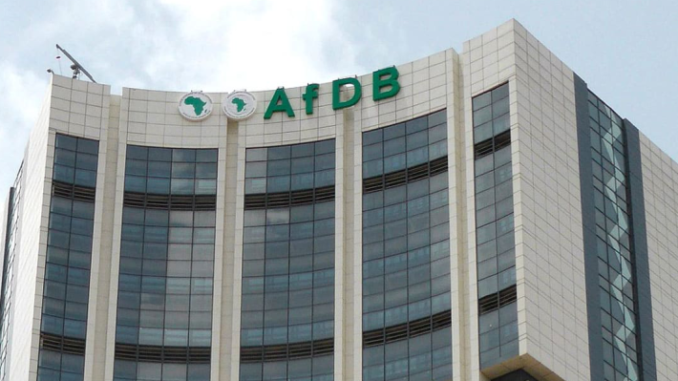
The African Development Bank Group has reached an agreement with participating Nigerian state governments to speed up implementation of a program designed to develop eight new agro-industrial zones in the country.
The agreement emerged from a two-day meeting in Abuja, on 7 – 8 October, attended by senior government and bank officials and representatives of financing partners and the private sector.
Emphasising the urgency of overcoming delays that have dogged program implementation, the Senior Special Adviser to the Bank President on Industrialisation, Prof. Banji Oyelaran-Oyeyinka, said the rapid implementation and take-off of SAPZs provides a solution to the declining contribution of manufacturing and manufacturing exports to Nigeria’s GDP.
The second day of the meeting featured a workshop that brought together officials from the federal and state governments, representatives of partner institutions, and private sector investors to discuss the program’s financial, procurement and operational processes, as well as an accelerated implementation plan. The federal and state governments committed to implementing transparent and competitively driven procurement processes, including the independent selection of vendors.
The sessions, moderated by Dr. Victor Oladokun, Senior Advisor on Communications and Stakeholder Engagement to the president of the African Development Bank, also provided a platform to highlight the complementary roles of stakeholders. While governments and financing institutions are expected to play a catalytic role, the private sector will focus on investing in the construction and operation of the key components of the zones: Agro Industrial Processing Hubs (AIHs) and Agricultural Transformation Centres (ATCs).
The first phase of the Nigeria SAPZ program is expected to unlock about $1 billion in private sector investments, benefiting an estimated 1.5 million households, including private agribusinesses, agro-processors, smallholder farmers, agripreneurs, and agrodealers, and creating a minimum of 400,000 direct jobs and 1.6 million indirect jobs, especially for women and youth.
Leave a Reply